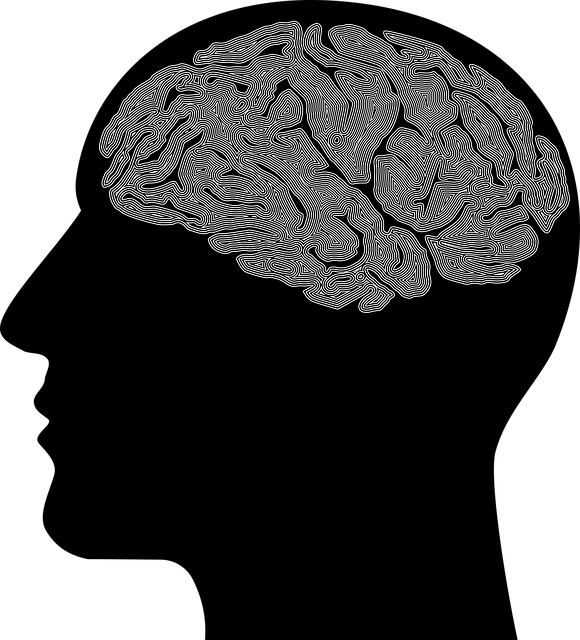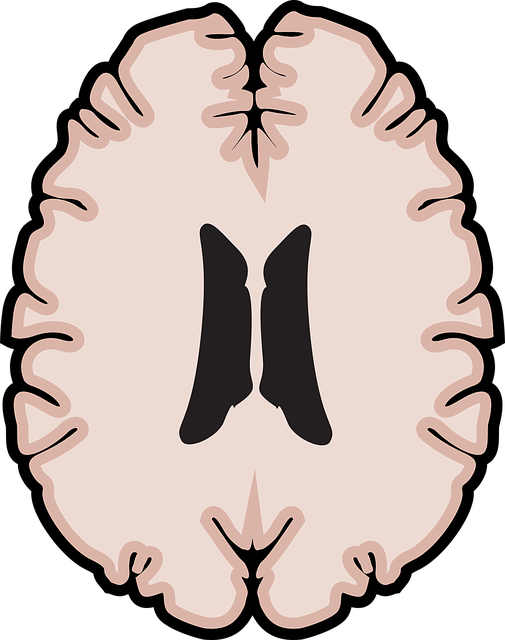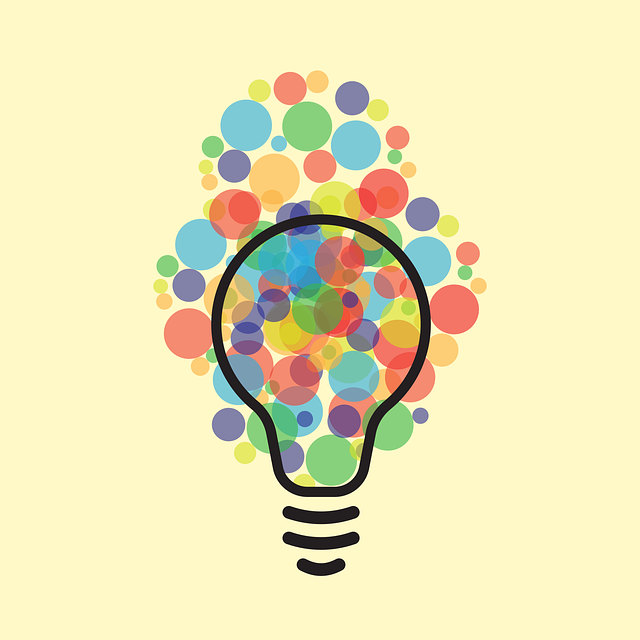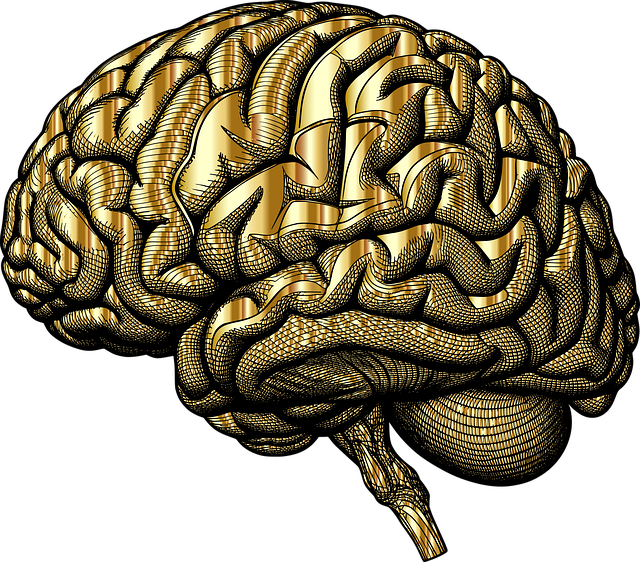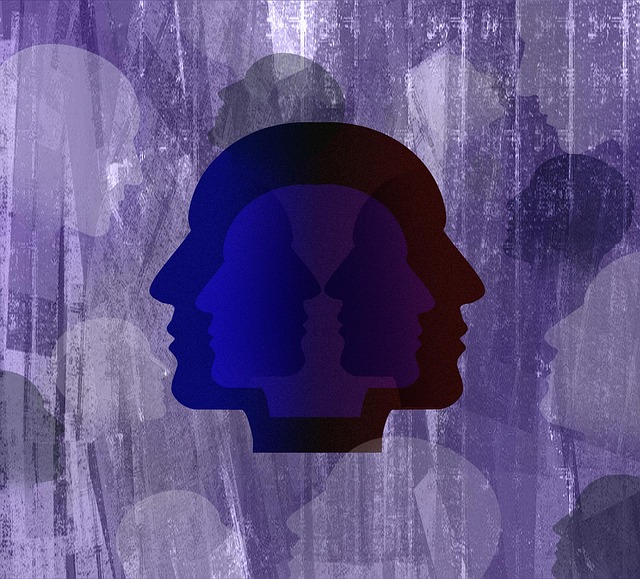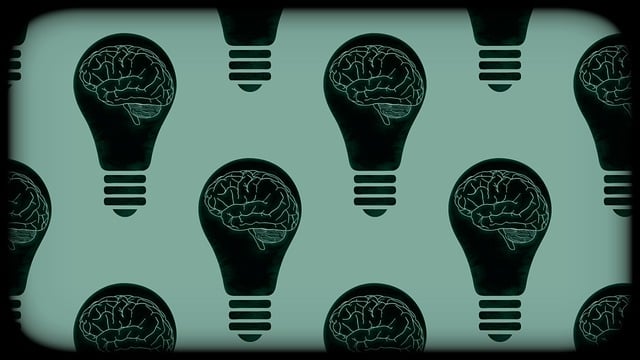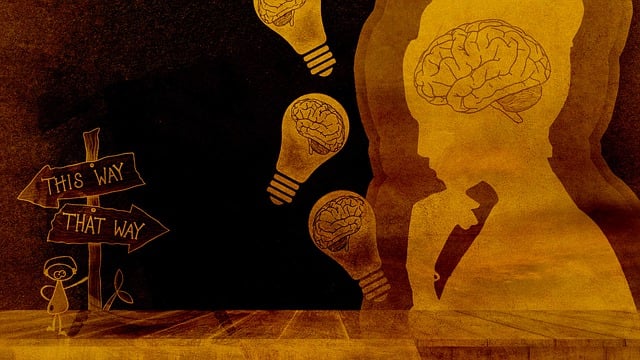Aurora Children Therapy emphasizes Emotional Intelligence (EI) as vital for healthy child development, offering innovative therapy techniques to nurture empathy, self-awareness, and communication skills. They provide tailored strategies for empathy building and trauma support, creating safe spaces where children develop inner strength, resilience, and confidence. By focusing on early emotional development and implementing effective classroom practices, Aurora Children Therapy helps parents and educators unlock children's potential, preparing them for a resilient future with enhanced academic performance and overall well-being. They also cater to kids dealing with mental illness, harnessing the power of resilient mindsets to foster emotional intelligence development through personalized interventions.
Emotional intelligence (EI) is a cornerstone of holistic child development, and understanding its significance is paramount for nurturing well-rounded individuals. This article explores EI through the lens of Aurora Children’s Therapy’s unique approach, delving into its impact on children’s growth. We’ll uncover why EI matters, present strategies for parents and caregivers, offer practical tools for teachers, and share inspiring case studies from Aurora Children’s Therapy, demonstrating how to foster resilience and emotional awareness in young minds.
- Understanding Emotional Intelligence: The Aurora Children's Therapy Approach
- Why Emotional Intelligence Matters for Children's Development
- Unlocking Potential: Strategies for Parents and Caregivers
- Practical Tools for Teachers: Fostering EI in the Classroom
- Nurturing a Resilient Mindset: Case Studies from Aurora Children's Therapy
Understanding Emotional Intelligence: The Aurora Children's Therapy Approach

Emotional intelligence (EI) is a skill that fosters healthy interactions and enhances personal growth. At Aurora Children’s Therapy, we understand EI as an essential aspect of child development, shaping their ability to navigate relationships and manage their emotional well-being. Our approach focuses on nurturing empathy, self-awareness, and effective communication in children, which are the cornerstone of building emotional intelligence.
Through various therapy techniques, Aurora Children’s Therapy offers tailored strategies for empathy building, helping young individuals understand and connect with their emotions as well as those of others. We also provide trauma support services to address any past experiences that might impact a child’s emotional intelligence development. By creating a safe space, we encourage children to develop inner strength, enabling them to face challenges with resilience and confidence.
Why Emotional Intelligence Matters for Children's Development

Emotional intelligence is a cornerstone of a child’s holistic development. At Aurora Children Therapy, we recognize that fostering emotional intelligence early on equips kids with the tools to navigate their inner world and interact effectively with others. This skill set goes beyond simple behavior management; it empowers children to understand and manage their emotions, build strong relationships, and make thoughtful decisions.
By incorporating Self-Awareness Exercises and Coping Skills Development into therapy practices, we help young individuals recognize and express their feelings in a healthy way. This process strengthens their inner strength development, enabling them to face life’s challenges with resilience and adaptability. Ultimately, these skills are vital for their academic success, social interactions, and overall well-being as they grow into adulthood.
Unlocking Potential: Strategies for Parents and Caregivers

Raising emotionally intelligent children is a rewarding yet challenging endeavor for parents and caregivers. At Aurora Children Therapy, we understand that fostering healthy emotional development early on sets the foundation for lifelong success. By implementing effective strategies, parents can unlock their child’s immense potential and equip them with essential coping skills.
Empathy building strategies play a pivotal role in this process. Encouraging open conversations about emotions, teaching active listening, and promoting perspective-taking help children develop a deeper understanding of themselves and others. Additionally, community outreach program implementation exposes kids to diverse experiences, fostering adaptability and resilience. Through these efforts, parents contribute significantly to their child’s emotional intelligence growth, preparing them to navigate life’s challenges with grace and confidence.
Practical Tools for Teachers: Fostering EI in the Classroom

Incorporating emotional intelligence (EI) into the classroom is a powerful tool for teachers to support their students’ overall development. At Aurora Children Therapy, we believe that fostering EI can create a more positive and productive learning environment. Teachers play a pivotal role in modeling and teaching EI skills, enabling students to understand and manage their emotions effectively. One practical approach is incorporating regular check-ins and emotional vocabulary discussions into daily routines. This helps students identify and express their feelings, fostering self-awareness and empathy towards peers.
Additionally, teachers can utilize interactive activities and games that encourage emotional understanding and response. For instance, role-playing scenarios can help students navigate social interactions, develop problem-solving strategies, and learn crisis intervention guidance. With the support of mental wellness coaching programs and cultural competency training for healthcare providers, educators can create a safe space for students to explore their emotions, build resilience, and enhance their social-emotional learning capabilities.
Nurturing a Resilient Mindset: Case Studies from Aurora Children's Therapy

At Aurora Children’s Therapy, our dedicated team understands the profound impact a resilient mindset can have on a child’s emotional intelligence development. Through innovative therapy practices and case studies, we’ve witnessed remarkable transformations in young individuals facing various challenges, including those struggling with mental illness. By fostering resilience, we empower children to navigate difficult emotions and build an unshakeable sense of self-worth.
Our approach involves personalized interventions designed to enhance coping mechanisms and promote positive thinking. Through these efforts, we aim not only to improve symptoms but also to instill a lasting confidence that transcends the challenges they may face. By reducing the mental illness stigma through open conversations and supportive environments, Aurora Children’s Therapy plays a pivotal role in building emotional intelligence, enabling children to thrive in all aspects of their lives.
Emotional intelligence is a powerful tool for fostering healthy development in children, and the strategies outlined in this article, including the Aurora Children’s Therapy approach, offer practical ways to nurture this skill. By integrating these techniques at home and in the classroom, parents, caregivers, and teachers can help children develop resilience, self-awareness, and empathy—all essential components of emotional intelligence. The case studies from Aurora Children’s Therapy serve as a testament to the transformative power of targeted interventions, highlighting the lasting impact that nurturing emotional intelligence can have on a child’s life.
